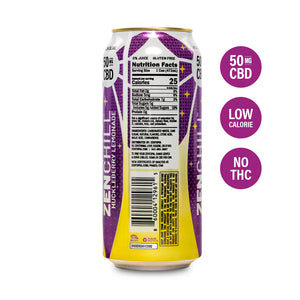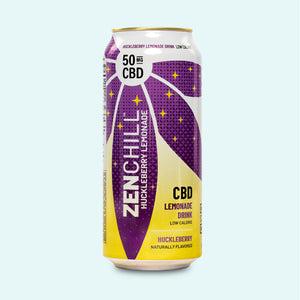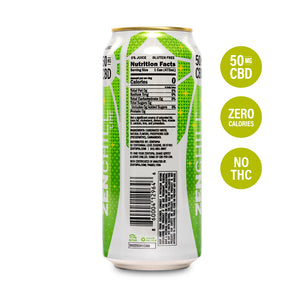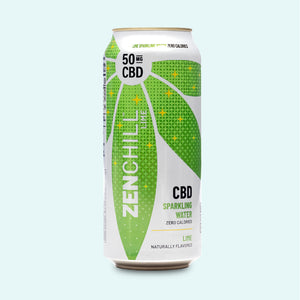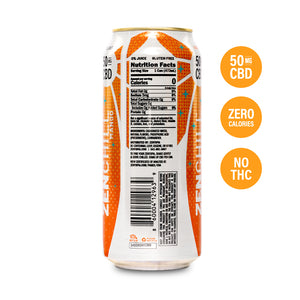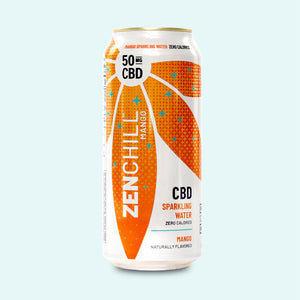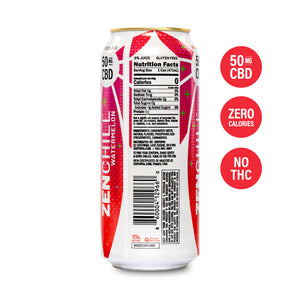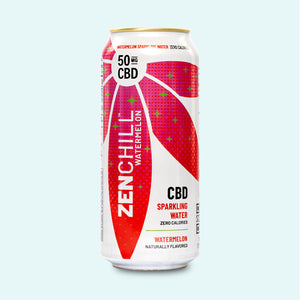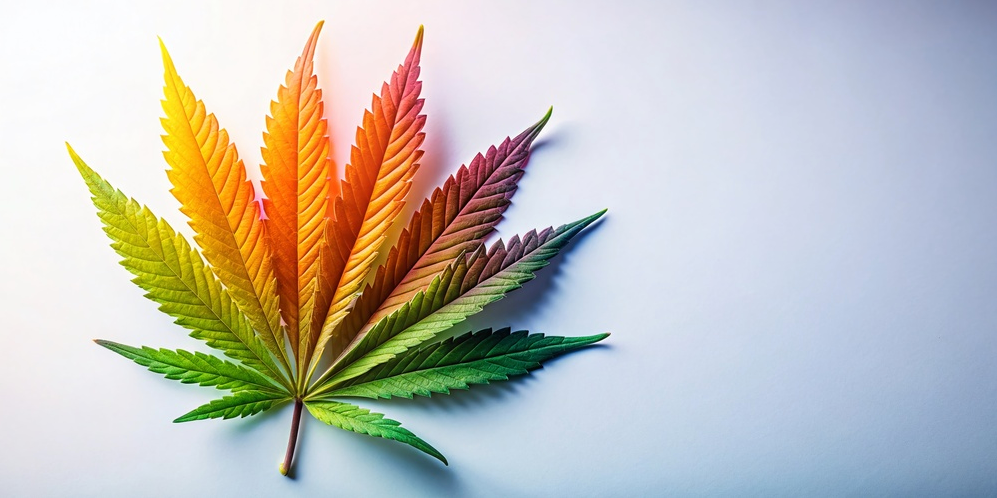
CBD vs CBG: What is the Difference?
When it comes to cannabinoids, most people are familiar with CBD (cannabidiol) and THC (tetrahydrocannabinol), but another cannabinoid is rapidly gaining attention: CBG (cannabigerol). While both CBD and CBG offer unique therapeutic benefits, they differ in their chemical composition, how they interact with the body, and their potential uses. In this blog post, we’ll take a deep dive into CBD vs CBG and break down their similarities, differences, and how to decide which option might be better for your needs.
What Are Cannabinoids?
Cannabinoids are active compounds found in cannabis plants, including hemp and marijuana. They interact with the body's endocannabinoid system (ECS), which plays a crucial role in regulating processes like mood, sleep, appetite, and pain.
There are over 100 known cannabinoids, divided into two categories:
- Major Cannabinoids: Abundant in the plant (e.g., CBD, THC).
- Minor Cannabinoids: Present in smaller quantities (e.g., CBG, CBN).
The Endocannabinoid System and Cannabinoid Interaction
The ECS consists of receptors (CB1 and CB2), endocannabinoids (produced naturally by the body), and enzymes that break them down. CBD and CBG interact differently with this system, influencing how each compound affects mood, pain, and inflammation.
What Is CBD?
A Quick Overview of CBD
CBD is one of the most abundant cannabinoids in the cannabis plant. Unlike THC, it is non-psychoactive, meaning it won’t make you feel “high.” CBD is known for its calming properties and has become popular in wellness products like oils, tinctures, and beverages (e.g., Zentopia’s CBD sparkling waters).
How CBD Works in the Body
CBD influences the ECS by modulating CB1 and CB2 receptors rather than binding to them directly. This indirect action enhances the production of natural endocannabinoids and reduces the breakdown of certain neurotransmitters to help regulate mood, pain, and immune responses.
Popular Uses of CBD
- Anxiety relief: Several studies show that CBD can significantly reduce anxiety symptoms.
- Pain management: CBD’s anti-inflammatory properties help alleviate chronic pain.
- Sleep support: Research indicates CBD can improve sleep quality by reducing restlessness.
Fun Fact: CBD beverages, like those offered by Zentopia, provide a convenient and delicious way to experience its benefits.
What Is CBG?
A Quick Overview of CBG
Often called the “mother of all cannabinoids,” CBG serves as a precursor to other cannabinoids like CBD and THC. It’s considered a minor cannabinoid, however, because it’s typically present in only small quantities even in mature plants.
How CBG Works in the Body
CBG directly binds to both CB1 and CB2 receptors, giving it a stronger and more targeted effect on the ECS compared to CBD. This direct interaction makes CBG particularly promising for mood regulation and immune system support.
Popular Uses of CBG
- Anti-inflammatory benefits: Studies show CBG may reduce inflammation in the gut.
- Brain health: Preliminary research suggests neuroprotective properties that may be potentially helpful in treating neurodegenerative diseases.
- Antibacterial properties: CBG has demonstrated effectiveness against bacterial infections like MRSA.
CBD vs CBG: Key Differences and Similarities
|
Feature |
CBD |
CBG |
|
Abundance |
Major cannabinoid |
Minor cannabinoid |
|
Interaction with ECS |
Modulates CB1 and CB2 receptors |
Directly binds to CB1 and CB2 receptors |
|
Therapeutic Effects |
Anxiety relief, pain management, sleep |
Inflammation reduction, brain health, antibacterial |
|
Side Effects |
Drowsiness, dry mouth |
Dry eyes, changes in appetite |
Chemical Structure and Interaction with the ECS
Both CBD and CBG share the same chemical formula (C₂₁H₃₀O₂) but differ in their molecular structure and how they interact with ECS receptors. CBG’s direct binding to receptors offers a stronger effect while CBD’s indirect modulation is more subtle.
Therapeutic Benefits Comparison
- CBD: Ideal for stress relief, chronic pain, and sleep disorders.
- CBG: Better suited for neuroprotection, appetite stimulation, and bacterial infections.
Pro Tip: Combining CBD and CBG can create an “entourage effect” that amplifies their therapeutic benefits.
How Are CBD and CBG Extracted?
Extracting cannabinoids requires specialized techniques, especially for CBG, due to its lower concentration.
Common Methods
- CO₂ Extraction: The gold standard for preserving potency and purity.
- Ethanol Extraction: Cost-effective but less selective.
- Solvent-Based Extraction: Used for large-scale production but may leave residues.
Challenges in CBG Extraction
Since most CBG converts into other cannabinoids as the plant matures, extracting it requires harvesting plants earlier or using more costly CBG-rich strains.
The Combined Effects of CBD and CBG
Synergistic Benefits
Using CBD and CBG together can amplify their effects. For example:
- Stress relief: CBD promotes relaxation while CBG enhances mental clarity.
- Pain management: CBG reduces inflammation at the source while CBD targets pain perception in the brain.
Choosing Products with Both CBD and CBG
When shopping for cannabinoid products, prioritize:
- Third-party lab tests to verify potency.
- Full-spectrum formulas that include multiple cannabinoids.
Comparing CBD and CBG for Specific Needs
CBD or CBG for Anxiety and Stress?
- CBD: Best for general relaxation and reducing anxious thoughts.
- CBG: May improve focus and energy, making it better for daytime use.
CBD or CBG for Pain Relief?
- CBD: Effective for chronic, systemic pain.
- CBG: Better for localized inflammation, such as arthritis.
Legal Status of CBD vs CBG
The legal status of cannabinoids varies globally:
- CBD: Widely legal as long as THC content is under legal limits (e.g. 0.3% in the U.S.).
- CBG: Less regulated but still subject to local laws.
FAQs About CBD vs CBG
- What is the main difference between CBD and CBG?
CBD is more abundant and widely researched, while CBG is less abundant but offers unique therapeutic potential. - Can CBD and CBG be taken together?
Yes. Combining them may enhance their effects through the entourage effect.



